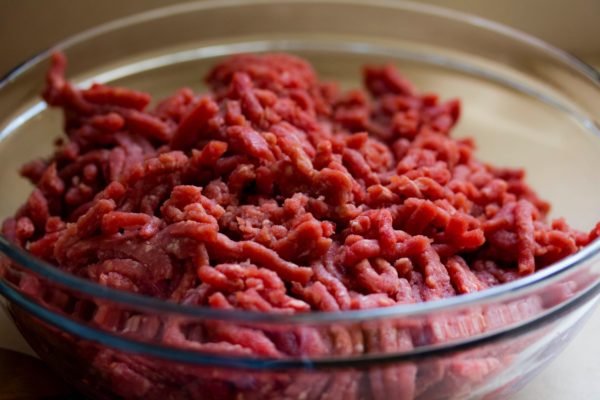Many companies across the food processing and handling industry are not mandated by law to implement Hazard Analysis Critical Control Point (HACCP) standards. However, some Canadian industries, like federally registered meat and poultry establishments, must have HACCP certification to operate legally. It’s a requirement for receiving their registration and licensing – no HACCP, no license.
A lack of HACCP certification can lead to more problems, including mistrust among potential stakeholders, but inspectors will often find out about the issue before other companies do. Do food businesses lacking HACCP certification get any warning before an inspector would levy fines?
The Protocol For Having HACCP
 Meat and poultry are some food products most susceptible to sanitation issues. The government recognizes this, and in 2014, the Canadian Food Inspection Agency (CFIA) amended its regulations to allow fines for meat processors who violate food safety programs like HACCP.
Meat and poultry are some food products most susceptible to sanitation issues. The government recognizes this, and in 2014, the Canadian Food Inspection Agency (CFIA) amended its regulations to allow fines for meat processors who violate food safety programs like HACCP.
Companies can receive monetary fines if they don’t develop, implement and maintain control programs and procedures using the seven points of the international HACCP standard. These fines can range from $500 to $10,000, depending on the severity of the issue, the intent behind not implementing HACCP, and the company’s compliance history.
However, fines aren’t often the first solution to instigating HACCP certification. The CFIA still has other inspection and enforcement tools in place, such as issuing written warnings. Fines and other large-scale measures such as suspending a license and closing a plant are several tools the CFIA to address non-compliance, usually following written warnings.
What Happens Before The Fines?
 Before it comes down to fines and shut-downs, most inspection agencies will take a progressive approach that gives the meat processors time to find and correct any problems. This approach often starts with educating the operator about food safety requirements and establishing timelines with operators to address deficiencies. If they do not meet the requirements within a certain timeframe, verbal warnings and issuing a letter outlining clear expectations are necessary.
Before it comes down to fines and shut-downs, most inspection agencies will take a progressive approach that gives the meat processors time to find and correct any problems. This approach often starts with educating the operator about food safety requirements and establishing timelines with operators to address deficiencies. If they do not meet the requirements within a certain timeframe, verbal warnings and issuing a letter outlining clear expectations are necessary.
It is around this point that an inspector may issue fines or take stronger measures to protect the consumer. Stopping production at a plant and placing products under detention so these materials cannot be transported or sold. An inspector would issue a Compliance Order with specific conditions and suspend the operator’s license if the non-compliance becomes a serious and immediate threat to the health and safety of a person, the public, or animals.
The Canadian Food Inspection Agency (CFIA) strongly recommends all food businesses, regardless of whether they have to or not, bring on HACCP processing standards into their food safety plan. It’s the best way to prevent, reduce, or eliminate food safety hazards. Despite not being required to have them, many companies develop HACCP standards to make sure that they protect consumers from becoming sick or injured and bolster their reputation within the supply chain.
